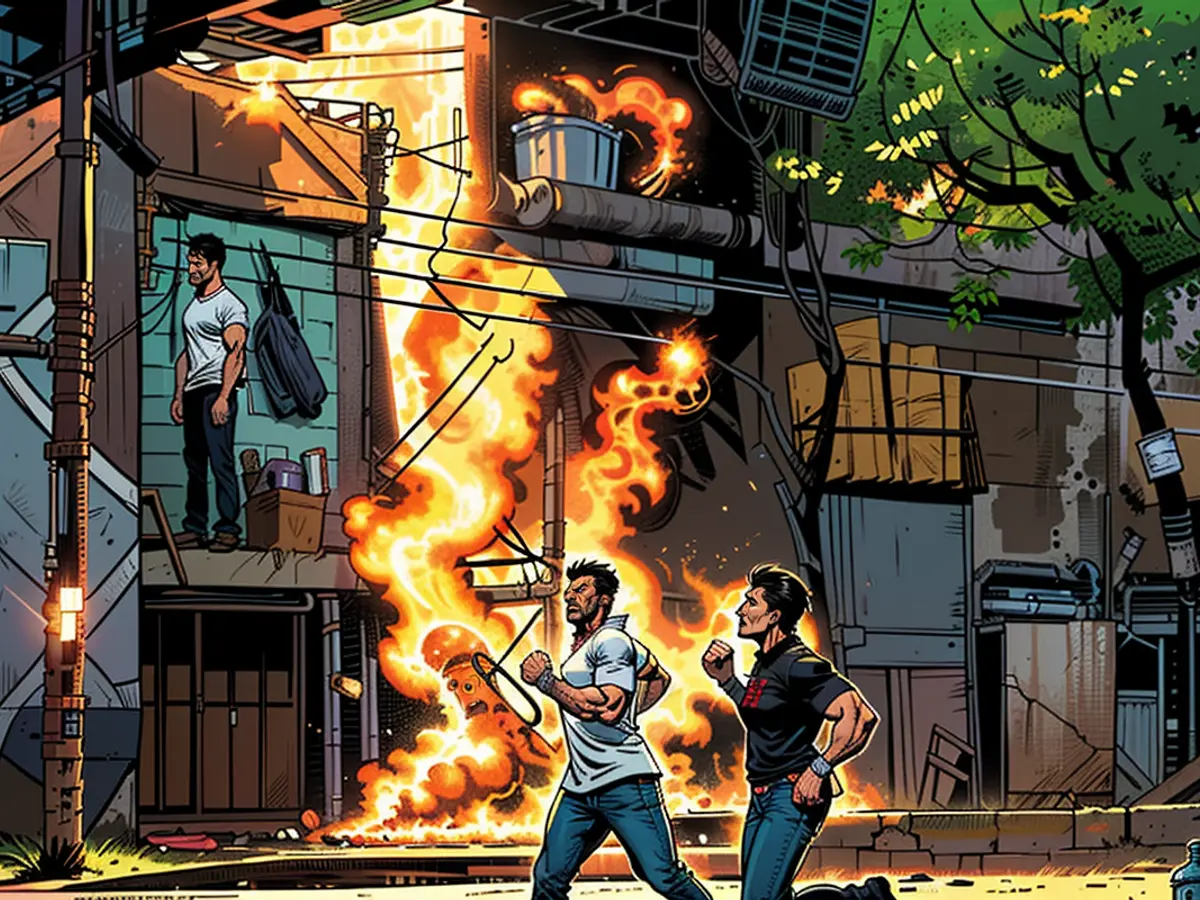- Dozens killed in Bangladesh riots
In Bangladesh, severe clashes between protesters and police have resulted in the deaths of around 70 people, according to local media outlets "Daily Star" and "Prothom Alo". The fatalities occurred during unrest in the capital Dhaka and other parts of the South Asian country, including 13 police officers. Many others were injured. Official casualty figures from authorities were not immediately available.
The Ministry of Home Affairs has tightened the previously relaxed curfew. Observers report that internet access has been partially disrupted, affecting social networks and messaging services like Facebook, Instagram, and WhatsApp.
Why are people taking to the streets?
Protesters are now demanding the resignation of the autocratically ruling Prime Minister Sheikh Hasina. The protests began in July, initially against the reintroduction of a controversial quota system in the public service, which has since been reversed. Official figures reported around 150 deaths in July.
On Saturday, protesting students also called for civil disobedience, rejecting the government's offer for dialogue. Many businesses remained closed, with further actions planned for Monday.
Under Hasina's leadership, the poor, predominantly Muslim Bangladesh has experienced economic growth. However, high inflation has recently been a challenge. The country of over 170 million people faces high unemployment.
Human rights organizations accuse Hasina of targeting her opponents and critics, detaining thousands, and suppressing freedom of speech and press.
The unrest in Bangladesh has led to calls for the resignation of Prime Minister Sheikh Hasina by the protesters. Despite the economic growth under Hasina's leadership, the ongoing protests are a result of high inflation, unemployment, and allegations of human rights violations.








